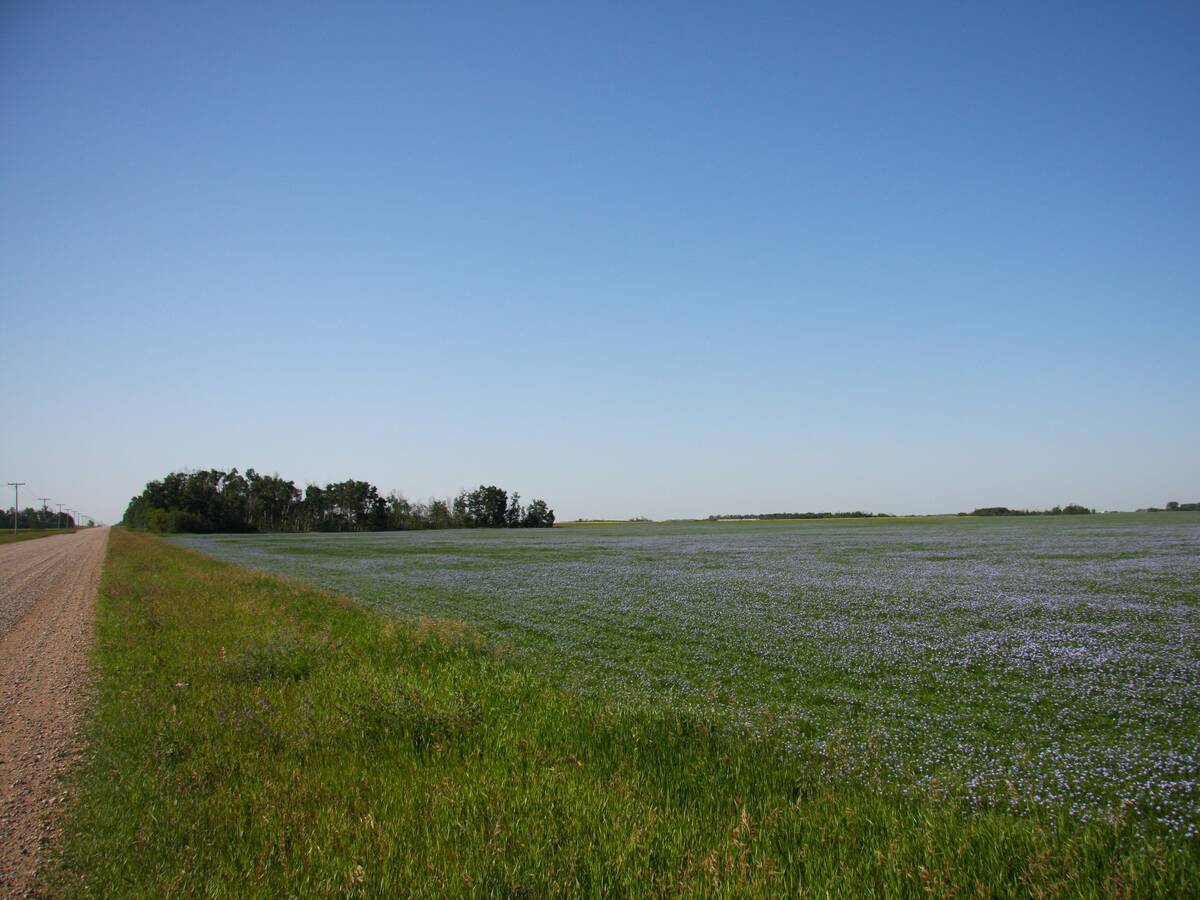Rural Albertans can be forgiven if they don’t pay much attention to the provincial election.
The leaders of the three main parties, the governing Progressive Conservatives and the opposition Liberals and New Democrats, haven’t ventured far from the urban centres of Calgary and Edmonton either in person or policy, said Rod Scarlett, executive director of the Wild Rose Agricultural Producers.
“The mainstream parties have focused on health care and education and have really let the ball slide on policy development and policy issues outside those two issues,” Scarlett said.
Read Also

Farmland advisory committee created in Saskatchewan
The Saskatchewan government has created the Farm Land Ownership Advisory Committee to address farmer concerns and gain feedback about the issues.
“There’s not a lot of innovative and progressive ideas for enhancing rural Alberta or even maintaining what’s in rural Alberta.
“We haven’t seen any policy initiatives that will help address those issues, yet one-third of the MLAs are going to be elected from rural Alberta.”
Ken Eshpeter, a farmer from Days-land, Alta., worries that rural issues have largely been ignored in this election, even when there are so many problems facing agriculture and rural communities.
“A lot of rural people are at a frustrated state,” said Eshpeter, who blames the rural malaise partially on the move to centralize the decision-making ability that used to be in the hands of local people.
“They know there is something wrong and they can see it declining around their ears, but they don’t exactly know what the solutions are.”
He said people in rural communities used to be able to set school taxes, make decisions about local hospitals and schools, had Alberta Agriculture offices in their communities and even decided where the local lottery money was spent. Now all of that is gone, and rural people are looking for answers.
“How can you watch your neigh-bourhood dwindle before your eyes and not have some concern?”
During the election campaign, premier Ralph Klein has not talked about how he thinks the government surpluses will be spent.
He has focused on past accomplishments, including paying down the provincial debt.
Scott McAlpine, a professor at Grande Prairie Regional College, said agriculture is not even a blip on the radar in the 28-day election campaign.
“The campaign the Progressive Conservative party has put together seems to speak largely about the record of the Klein government on such things as debt elimination and possibly the future of Alberta in health care and education, neither of which speaks particularly to the rural areas,” he said.
“Since 1971, since the Tories came to power, there has been a gradual, but quite noticeable pattern of the provincial government increasingly ignoring the rural areas.”
But if polls are correct, rural Albertans, who may have gained the least from the province’s booming economy, will continue to vote Progressive Conservative.
They’ll do so out of “habit and hope,” said McAlpine, who also blames the NDP and the Liberals for not giving rural Albertans an alternative.
Instead, the opposition parties have concentrated campaign time and money on Edmonton ridings where they have a chance of gaining seats.
Judy Pimm, a farmer from Grimshaw. Alta., has a more positive view about living in a rural area and the work the government has done to support agriculture.
“I think the farming people, the cattle people in particular, have had some very strong support from our provincial government,” she said.
“I’m not sure people are seriously looking for an alternative.”
She said most people generally approve of what the province has done and she doesn’t believe the government has purposefully funneled oil wealth to the urban areas and ignored the rural areas.
“There hasn’t been time for it yet,” she said.
“Give me a break. The energy prices have only been high for a couple of years. It takes time for these things to work down.”














